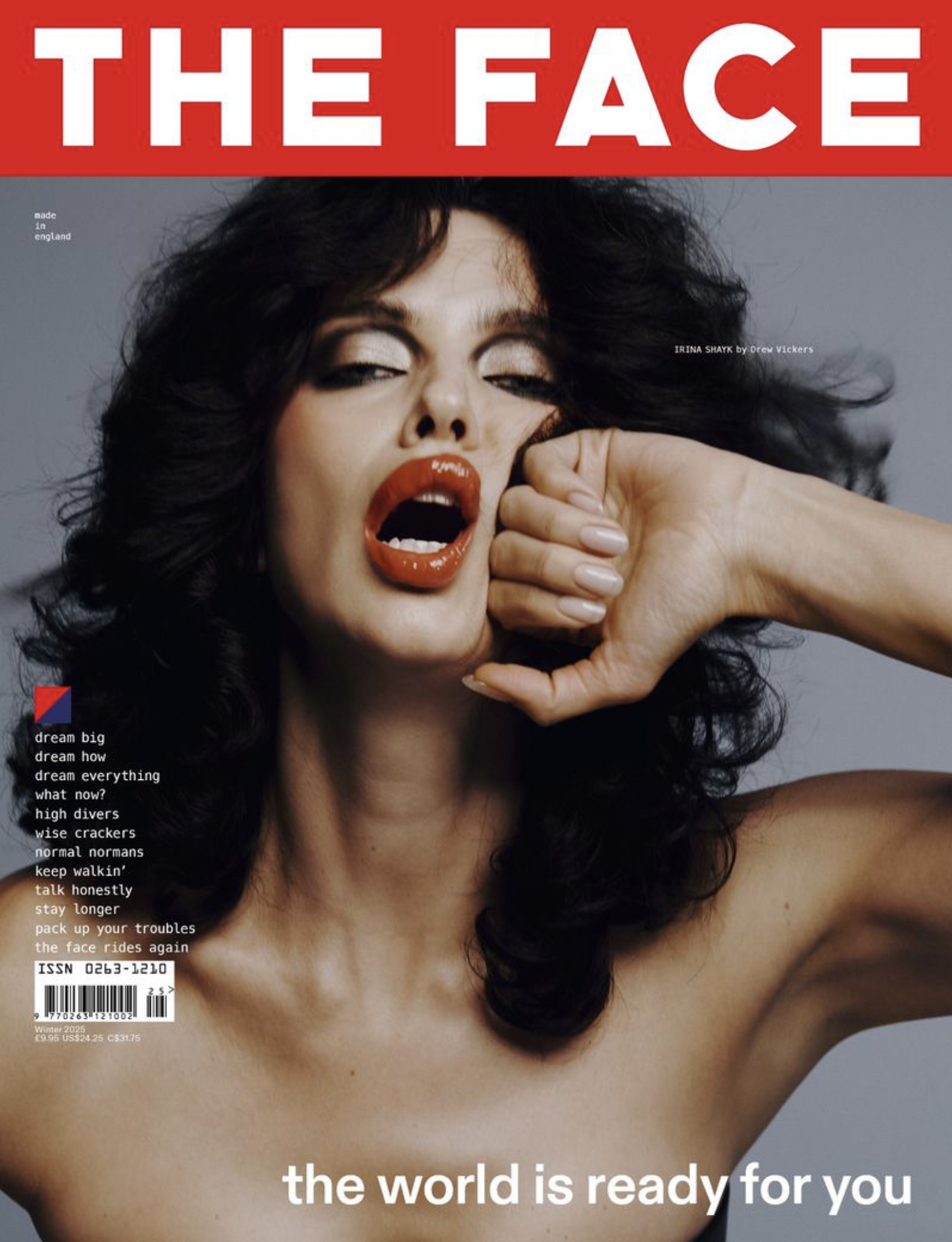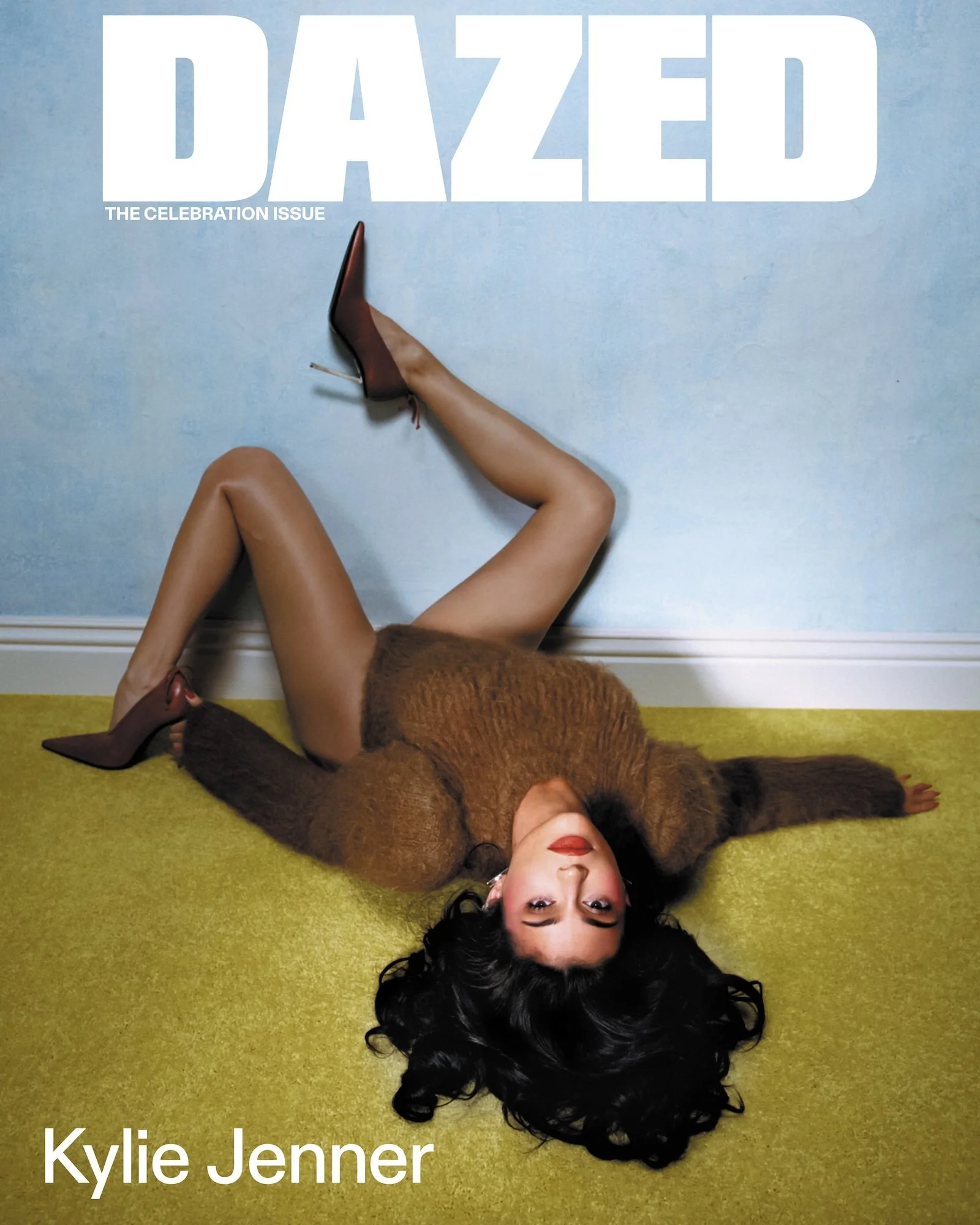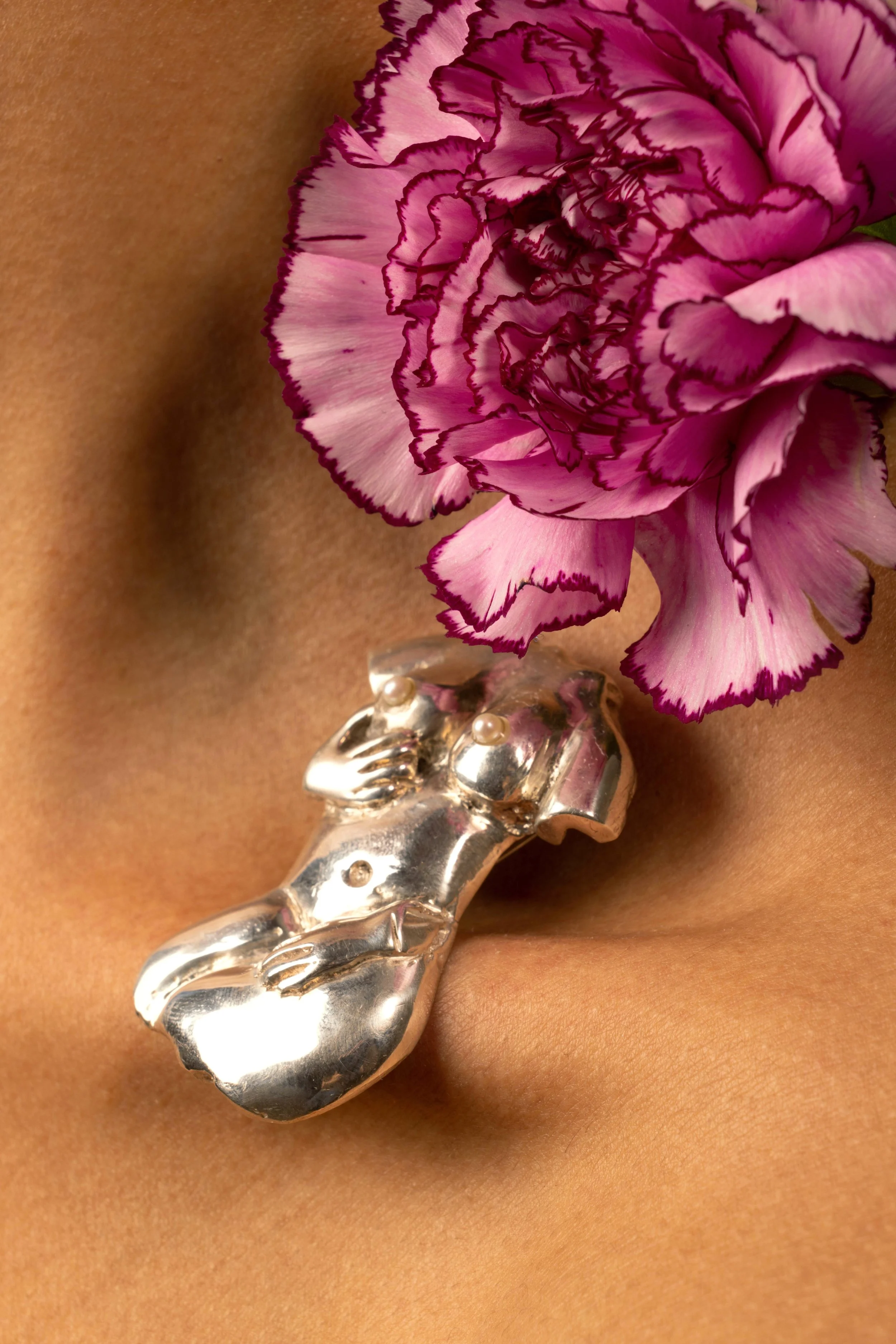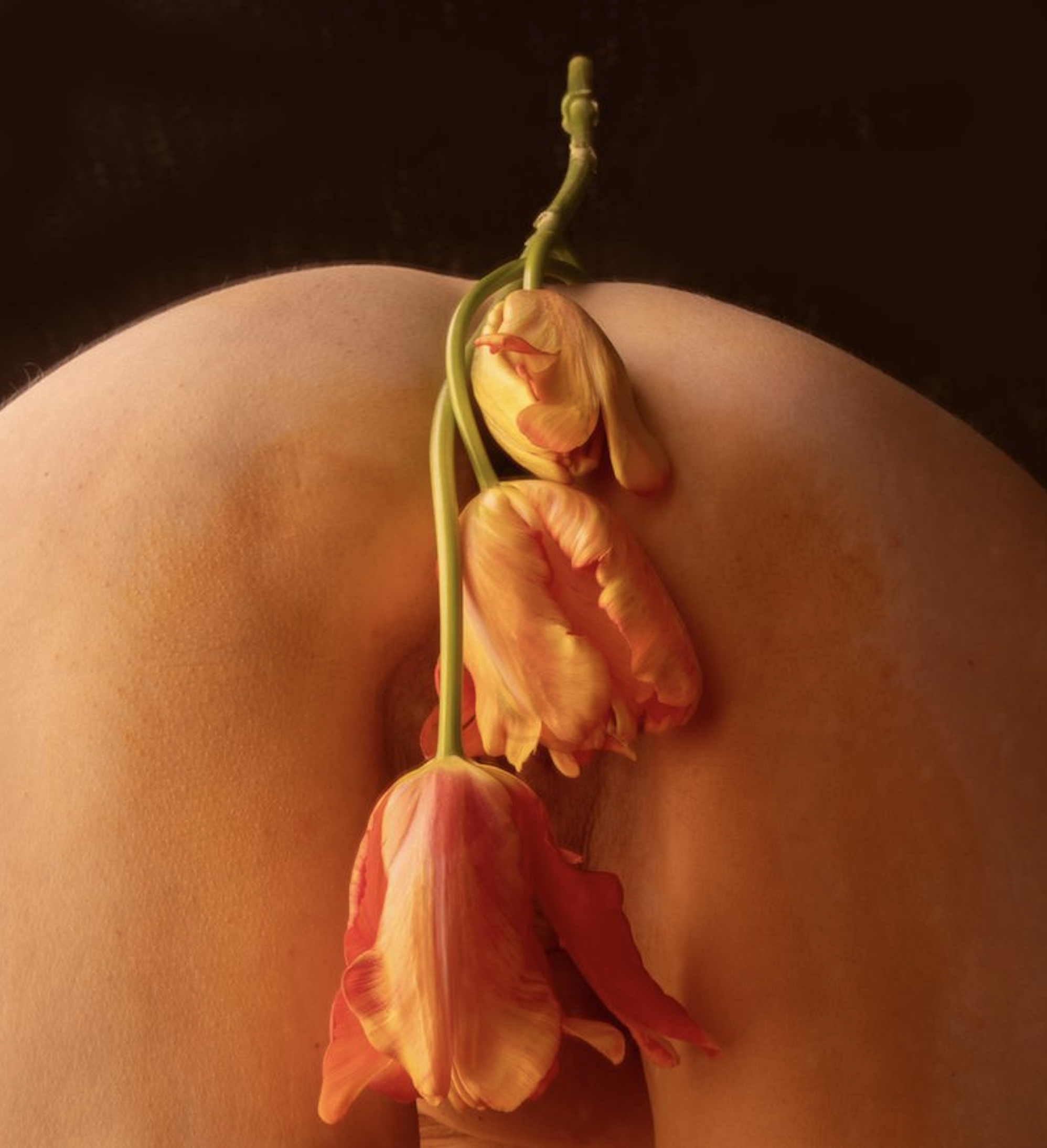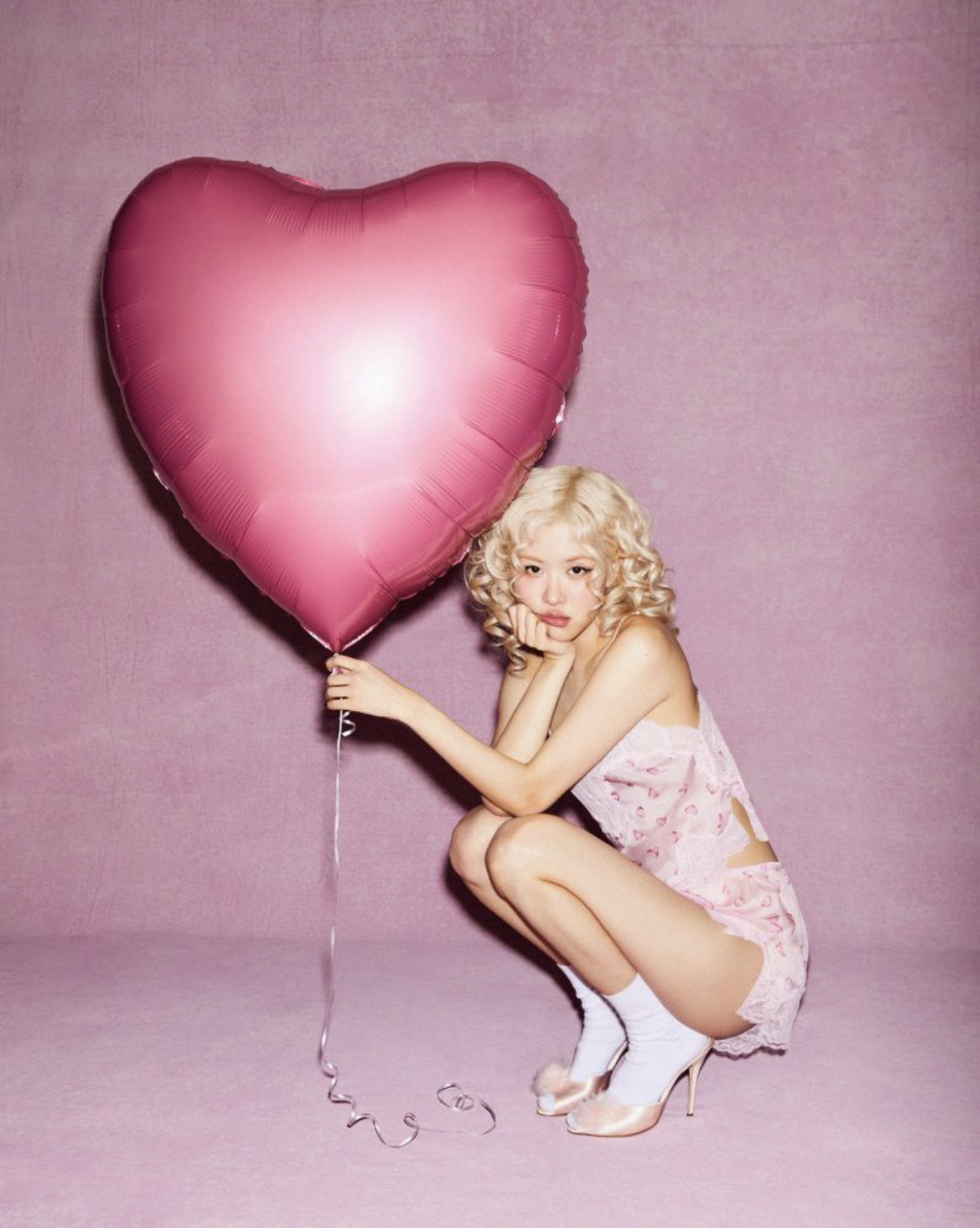Asian Spice Curcumin Could Minimize HRT Breast Cancer Risk
/Anne here, separating my comments from the Science Daily release discussed below about curcumin and HRT. Curcumin is the principal curcuminoid of the popular Indian spice turmeric, a member of the ginger family. The curcuminoids are polyphenols and are responsible for the yellow color of turmeric.
Doing some preliminary investigation on curcumin, it would be irresponsible for me to comment on the very interesting medical benefits associated with the spice, besides the HRT/breast cancer connection investigated at the University of Missouri.
 via Flickr’s AsiaFood1Presumably medical experts — which I am not — will weigh in shortly on the benefits or lack of benefits of taking curcumin, and how much. A link to buying curcumin does not reflect my endorsement of the capsule, or medical benefits.
via Flickr’s AsiaFood1Presumably medical experts — which I am not — will weigh in shortly on the benefits or lack of benefits of taking curcumin, and how much. A link to buying curcumin does not reflect my endorsement of the capsule, or medical benefits.
I have revealed previously that I am on HRT. Based on the U of Missouri research and other information that I just read about curcumin, I intend to take the capsule. Do not take this statement as ANY suggestion that you follow my lead. I suggest that you Google information about curcumin for yourself.
Science Daily reports that University of Missouri researchers believe that curcumin, a popular Indian Spice derived from the tumeric root, could reduce the cancer risk for women who take hormone replacement therapy.
In the study, researchers found that curcumin delayed the first appearance, decreased incidence and reduced multiplicity of progestin-accelerated tumors in an animal model. Curcumin also prevented the appearance of gross morphological abnormalities in the mammary glands. In previous studies, MU researchers showed that progestin accelerated the development of certain tumors by increasing production of a molecule called VEGF that helps supply blood to the tumor. By blocking the production of VEGF, researchers could potentially reduce the proliferation of breast cancer cells. Curcumin inhibits progestin-induced VEGF secretion from breast cancer cells, Hyder said.

